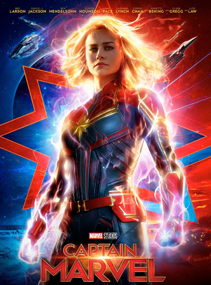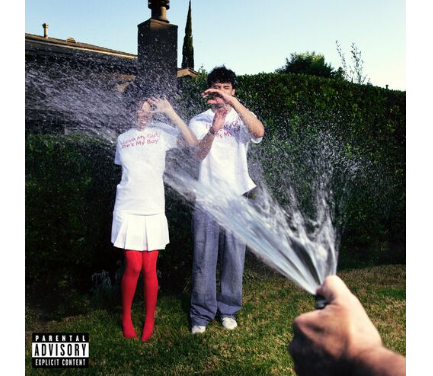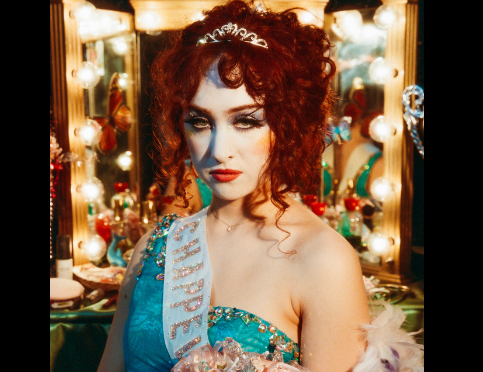Hero genre enters new phase

Captain Marvel is the first Marvel superhero movie with a female lead, and a rare example of Marvel having to play catch up with DC, which had great success with Wonder Woman in 2017.
May 31, 2018
Ten years ago, people could count the number of superhero movies on their hands, but that isn’t the reality today. Superhero movies and shows have become their own genre, separate from their cousin the action genre, due to the amount of content available. With such a fast growth rate in such a short time, many people are wondering what will come next.
Some might believe that superhero films might end up like westerns, an example of a trend bubble that will eventually pop.
But this likely will not be the fate of the superhero genre because, unlike westerns, superhero films have grown beyond the basic hero versus evil fight plots. Instead, they have subplots involving family, coming of age, or absorbing another genre, as Deadpool does with comedy. Due to these contributions, the genre should withstand the trend bubble.
With only two big brands involved, the genre seems likely to be headed in two directions.
Marvel has not officially released anything about its next phase, except that there will be another Spiderman film, which fans know due to leaks. Even with limited knowledge, fans can make the assumption that popular characters will have another film. Marvel is also known for bringing lesser-known characters to the big screen, like the Guardians of the Galaxy, so fans should expect at least one lesser-known character to make a film appearance.
Marvel is currently on a roll with movies, but there is one major issue that needs to be addressed: The Marvel universe needs to stop giving viewers fake deaths, because they take away from the impact of a real death. A way to fix this would be to give a character a fate similar to death, but one that also allows them to come back for more films. Avengers: Infinity War has done a good job of putting this issue on the right path, but this lesson cannot be forgotten.
D.C., meanwhile, has had less success at the box office in the past few years, with Wonder Woman being an exception. A key fault has been rushing its cinematic universe to compete with Marvel.
D.C. needs to take its time to make solid scripts and focus on individual heroes instead of a group. Rushing and not fully developing characters leads to a less-than-ideal movie like Justice League. If the brand takes its time with future films like Aquaman and Flash, it has a chance of improving its universe as a whole.
Another issue with D.C. is that its movies and TV shows exist in separate universes. This was not a problem at first, and many fans enjoy D.C. shows like Arrow. It became a problem when Justice League began production, mainly due to the Flash being in the lineup of heroes and also having his own TV show called The Flash. Many people were used to and attached to the actor in the show since it had been running for about three years when Justice League was released, so naturally some fans compared the film character to his TV version. To prevent this in the future, D.C. either needs to keep both media separate in content or make them one universe.
Overall, the superhero genre is here to stay and continue to evolve. Yet both Marvel and D.C. have flaws that need to be addressed for them to be successful.












